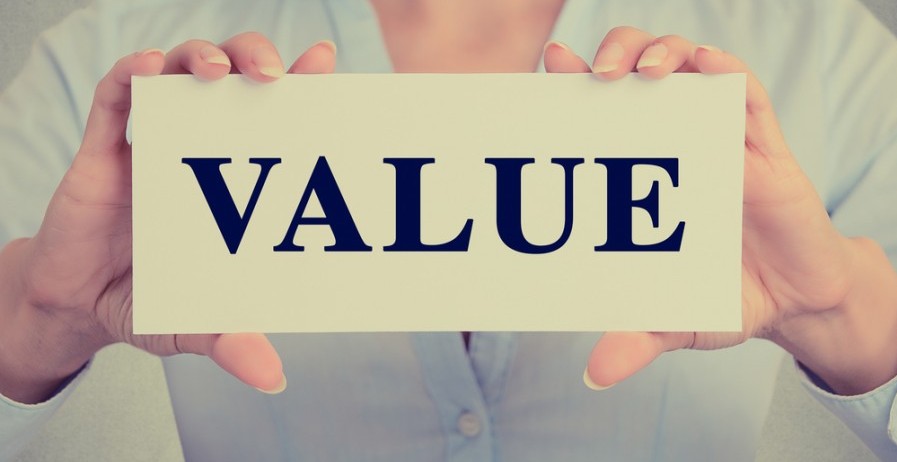Figuring Out How Much Your Business Is Worth

Whether you’re retiring, turning over a new leaf or focusing your energy on other business interests, selling a business is a great way to facilitate these changes. One of the first questions a business owner asks when selling a business is: how much is my business worth in the marketplace?
Numerous factors affect the value of a business. Unfortunately blood, sweat and tears don’t count!
But some of the factors that do are:
* State of the current economy.
*Your local market, or the market where you do business.
*Location of your business.
*Assets, both tangible and intangible. “Tangible” assets include equipment, property, cash, etc. “Intangible” assets include trademarks, copyrights, logos, vendor licenses, etc.
*Liabilities, or claims on the company’s assets. This includes things like certain kinds of lease agreements, accounts payable, outstanding gift certificates, liens, loans, pending or outstanding lawsuits, etc.
*Types of products/services the business offers.
Other factors that will affect the value of a business, but to a lesser degree include the reputation of the business within its community and the number of years the business has been in existence.
Determining a price tag is best done with the help of a professional accountant or a firm that specializes in tools to calculate value. It is worth the price tag of consulting someone for this process. That’s because the factors that play the biggest role in determining a business’ worth revolve around assets, liabilities and sales/profits. While most business owners have a good idea of what those numbers are on a monthly basis, crunching them is usually best left to a numbers pro.
Working together with your bookkeeper and/or professional accountant, one of the first things you’ll do is look at your balance sheet. This is a short summary of the financial position of your business. Your balance sheet has three major sections: assets (what you own), liabilities (things that may cost you money in the future) and ownership equity.
You’ll need to gather your balance sheets for at least the past three fiscal years. In some cases its best to include the last five years. This information will be the starting point when coming up with a price tag for selling your business.
Your accountant will help you determine what is commonly referred to as “owner’s benefit.” This number is based on the information contained in your balance sheets. Next, this number is typically multiplied by either the number 2 or 3.
There may be a big difference between those two figures, so deciding which one to use is a matter of opinion. Generally speaking, a business that is relatively new or one that has struggled for a few years to make a profit should multiply by 2. Businesses that have been around for awhile, are well-established and generally profitable can sometimes get away with multiplying by 3.
Next, multiply your yearly gross sales by 1.5. This is a typical industry-standard method for valuing a business.
Now, compare these two figures. They may be similar, or there may be a big spread between them. Find the middle point between the two figures. If the market is average or better in your area, you may be able to create a listing price that is closer to the higher of the two numbers, or above that middle figure. If the economy is sluggish and business has been slow in recent years, or if your company is relatively new, then you’ll probably do best to choose a price tag closer to the smaller number, or one that is less than the middle figure.
Remember, your initial price tag is just a starting point. Any potential buyer will want to bring that number down, so you can safely leave yourself a little bit of room to negotiate when you set the initial selling price. Just remember, though, that if you over-value it too much, you might scare off potential buyers without even getting them in the door.
It’s advisable to work with a business broker when it comes to actually listing your business on the market. Not only will he be able to help with the sometimes tricky task of setting that listing price, he or she will also be an invaluable source of information and sales leads that will ultimately make it easier for you to sell your business in a timely manner.
